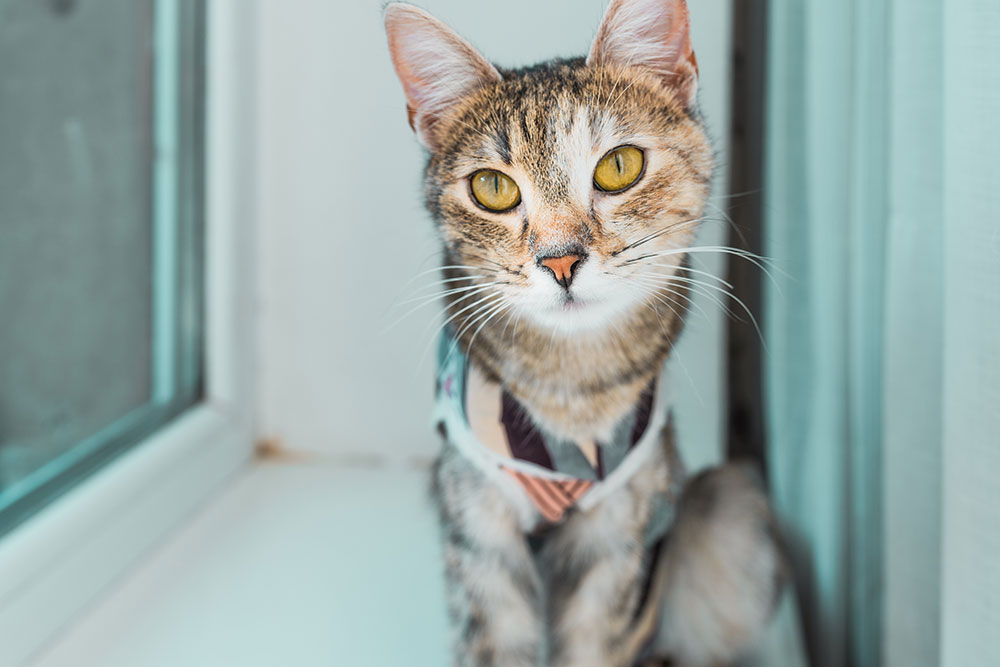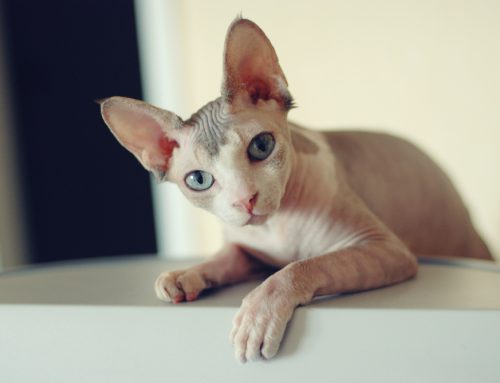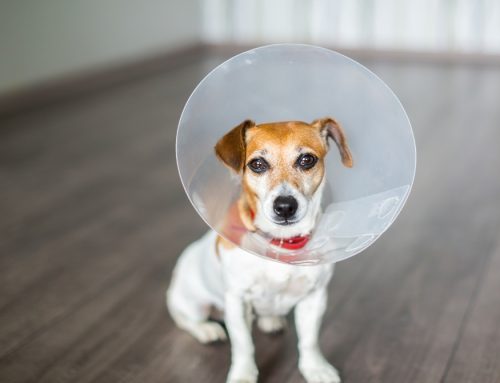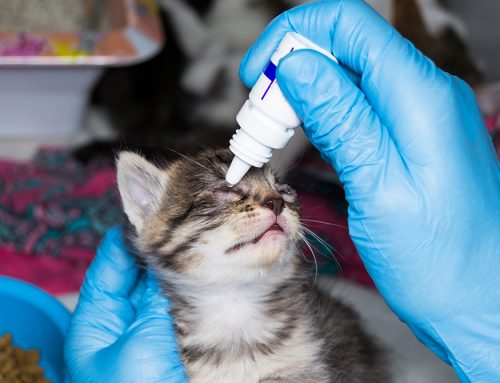What is Feline Cardiomyopathy?
Feline cardiomyopathy refers to a group of heart diseases affecting cats, where the heart muscle becomes abnormal. The most common type of cardiomyopathy in cats is hypertrophic cardiomyopathy (HCM), characterized by the thickening of the heart walls. This condition can lead to heart failure, blood clots, and other serious complications.
Causes and Risk Factors
The exact cause of cardiomyopathy in cats is often unknown, but several factors may contribute to its development:
- Genetic Predisposition: Certain breeds, such as Maine Coons and Ragdolls, are more prone to HCM.
- Secondary Conditions: Hyperthyroidism, high blood pressure, and other diseases can contribute to the development of cardiomyopathy.
- Nutritional Deficiencies: In rare cases, deficiencies in taurine (an amino acid) can lead to cardiomyopathy, though this is less common with modern cat foods.
Symptoms
Symptoms of feline cardiomyopathy can vary and may be subtle. Common signs include:
- Breathing Difficulties: Rapid or labored breathing, coughing.
- Weakness or Lethargy: Reduced activity levels or reluctance to move.
- Decreased Appetite: Loss of interest in food or sudden weight loss.
- Swelling: Fluid accumulation in the abdomen (ascites) or in the limbs.
- Sudden Collapse: In severe cases, a cat may collapse or faint.
Diagnosis
Diagnosing feline cardiomyopathy typically involves:
- Physical Examination: A veterinarian will listen to your cat’s heart and lungs for abnormal sounds.
- Chest X-rays: To assess heart size and detect fluid accumulation.
- Ultrasound (Echocardiogram): To visualize the heart’s structure and function.
- Blood Tests: To identify underlying conditions or secondary factors.
Treatment
Treatment for feline cardiomyopathy depends on the severity and underlying cause. Options may include:
- Medications: To manage heart function, reduce fluid buildup, or treat underlying conditions. Common medications include diuretics, beta-blockers, and ACE inhibitors.
- Lifestyle Changes: Dietary modifications and stress reduction can help manage symptoms.
- Surgical Intervention: In some cases, surgery may be necessary to address complications like blood clots.
Management and Prognosis
While feline cardiomyopathy is a serious condition, many cats can lead comfortable lives with proper management. Regular follow-ups with your veterinarian are essential to monitor your cat’s heart health and adjust treatment as needed.
When to Seek Help
If you notice any signs of heart problems in your cat or if your cat is showing sudden changes in health, contact us immediately. At Mission Veterinary Clinic, we are equipped to handle urgent care situations and provide the necessary treatments.
Mission Veterinary Clinic
16915 San Fernando Mission Blvd, Granada Hills, CA 91344
Phone: 818-363-8143
We are open 7 days a week from 9 AM to 11 PM, operating on a walk-in basis only. For more information, visit missionvet.com.










Leave A Comment